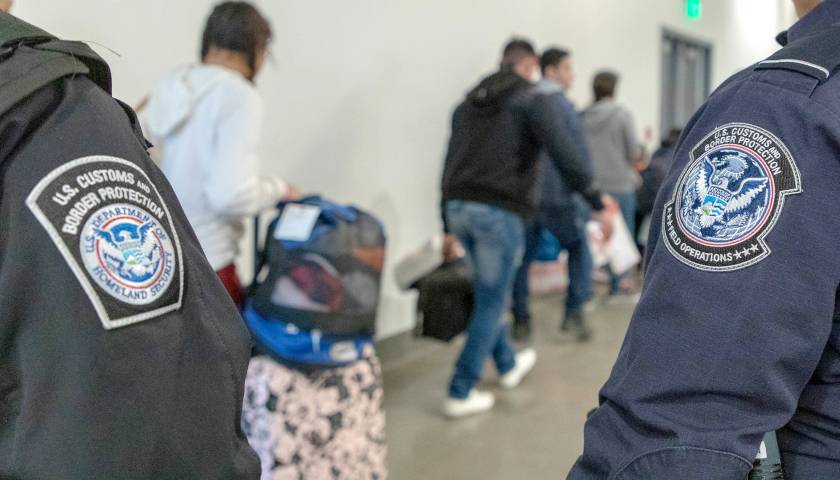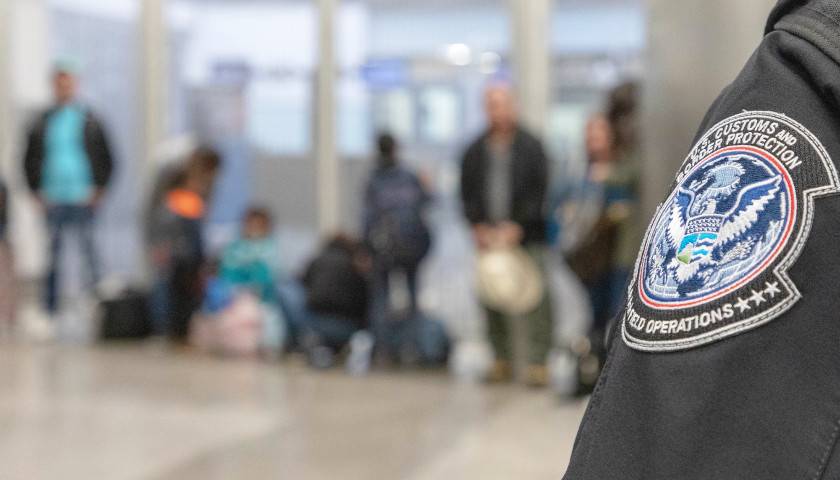The U.S. Department of Homeland Security (DHS) said Monday that irregularities in the Humanitarian Parole Program processes were detected in the sponsors and not in the beneficiaries.
It was for this reason, according to media reports , that the DHS decided to temporarily freeze travel permits, which generated uncertainty among the beneficiaries of this program. However, the US Customs and Border Protection Service (CBP) assured that it is working to resume the processing of applications “as soon as possible, with appropriate safeguards.”
Read More

